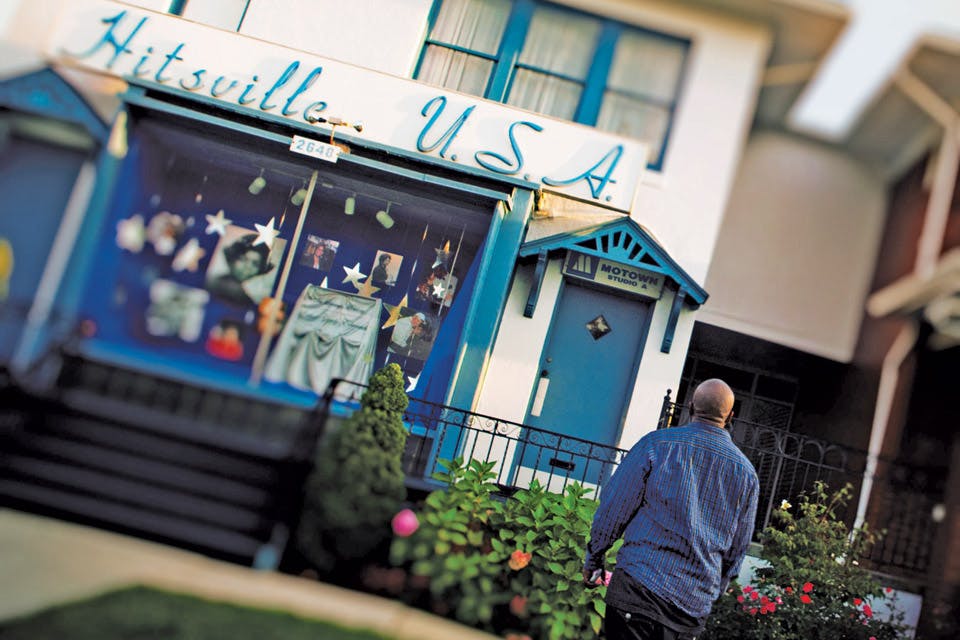Travel
Walk Through Music History in Detroit
A visit to Detroit offers a walk through the history of America’s pop sounds.
Related Articles

Lords of the Sound Present ‘The Music of Hans Zimmer’
See this acclaimed Ukrainian symphony perform pieces from the award-winning composer in two Ohio cities this March. READ MORE >>
---credit-stefan-cohen.jpg?sfvrsn=fcd2b438_5&w=960&auto=compress%2cformat)
Apollo’s Fire Presents ‘Winter Sparks’
Cleveland-born group Apollo’s Fire has been delivering electrifying renditions of classical pieces since 1992. This month, the baroque orchestra brings the same intensity to four northeast Ohio performances. READ MORE >>

Concert Posters, Natural History and the Art of Derek Hess
This Cleveland Museum of Natural History exhibition shows how the artist’s concert-poster past evolved into fine art shaped by paleontology, animals and ingenuity. READ MORE >>



